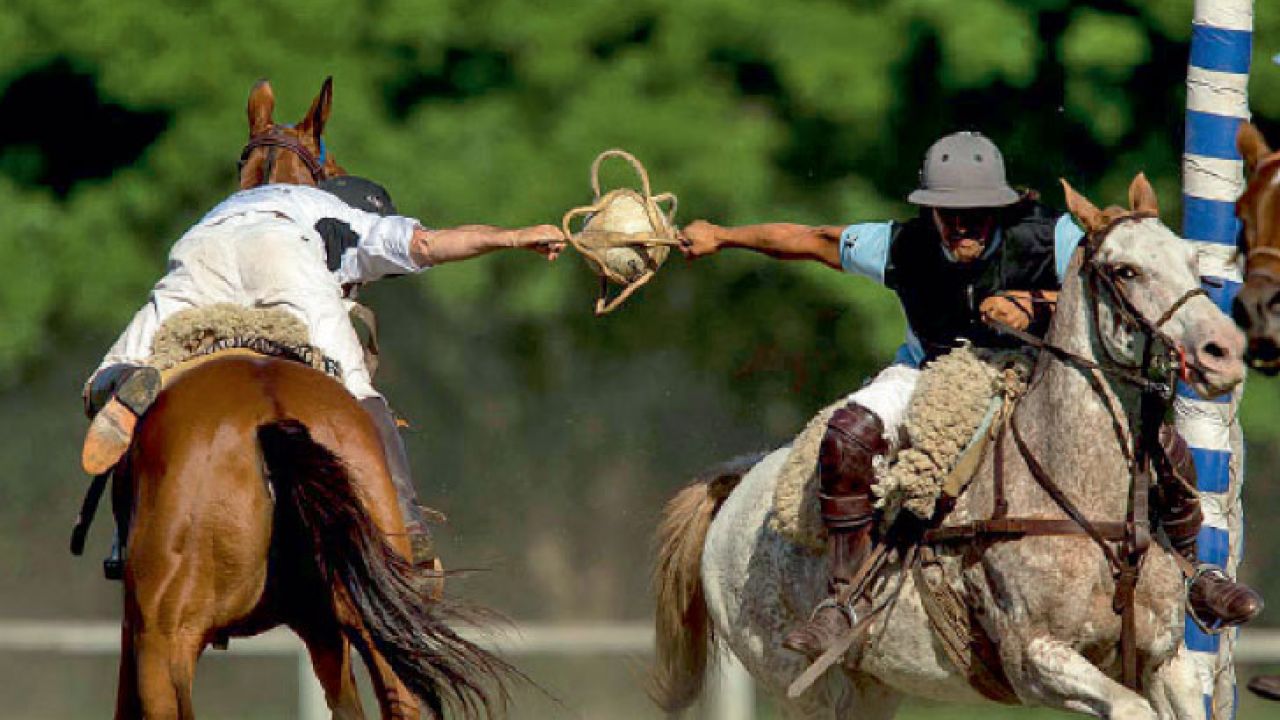Explain how to create a regular past participle.
DOUBLE BONUS:
Explain how the rules change when the stem of an -er/-ir verb ends in a vowel.
Start with the infinitive, remove the -ar and add "-ado" or remove the -er/-ir and add "-ido".
DOUBLE BONUS:
For -er/-ir verbs where the stem ends in a vowel, accent the í in "-ído"
Escribe 5 conjugaciones de "haber" en el presente.
You can't use "hay"... ¡lo siento!
yo: he
tú: has
él/ella/usted: ha
vosotros: habéis
nosotros/as: hemos
ellos/ellas/ustedes: han
Completa la oración en español:
She doubts that I have drunk water today. = Ella duda que yo ____ _______ (beber) agua hoy.
Ella duda que yo haya bebido agua hoy.
Ella duda que yo haya tomado agua hoy.
Sabemos que "preterite" es más común en América, y "present perfect" es más común en Europa.
Translate both of these equivalent sentences into Spanish
1. We talked today (hablar - preterite).
2. We have talked today (hablar - present perfect).
1. Nosotros hablamos hoy. (preterite)
2. Nosotros hemos hablado hoy. (present perfect)
Muchos países tienen el fútbol o el béisbol como deporte nacional, pero el deporte nacional de _______ es "pato", un deporte que originalmente se jugaba con un pato vivo (live duck).
Opciones:
A. Argentina
B. Bolivia
C. Chile

A. Argentina
What are the 4 possible endings that a past participle can take when it's used as an adjective?
1. -_
2. -_
3. -__
4. -__
1. -o
2. -a
3. -os
4. -as
Completa la oración en español:
I have played piano. = Yo ____ _______ (tocar) el piano.
Yo he tocado el piano.
Completa la oración en español:
Hopefully we have written the essay correctly. = Ojalá nosotros ______ _________ (escribir*) el ensayo correctamente.
*irregular
Ojalá nosotros hayamos escrito el ensayo correctamente.
Sabemos que "preterite" es más común en América, y "present perfect" es más común en Europa.
Translate both of these equivalent sentences into Spanish:
1. He completed the homework today. (completar - preterite)
2. He has completed the homework today. (completar - present perfect)
1. Él completó la tarea hoy. (preterite)
2. Él ha completado la tarea hoy. (present perfect)
En 711, la historia de la península ibérica (where España is located) cambió para siempre cuando llegaron los norteafricanos.
La influencia de los norteafricanos en España es muy grande, especialmente en el idioma (language) español.
Guess the Spanish translation of these 3 Arabic words.
1. Tariha (something school-related)
2. Laymun (una fruta)
3. Ghytar (un instrumento)
1. Tariha = Tarea
2. Laymun = Limón
3. Ghytar = Guitarra
Fill in the blank with the REGULAR past participle for the verb in parentheses:
Los osos polares están _________ (sentar) en el hielo.

Los osos polares están sentados en el hielo.
Traduce la oración al español:
We have practiced soccer.
Hemos practicado el/al fútbol.
Completa la oración en español:
I hope that they have brushed their teeth. = Yo espero que ellos ___ ______ ________ (cepillarse) los dientes.
Yo espero que ellos se hayan cepillado los dientes.
Sabemos que "preterite" es más común en América, y "present perfect" es más común en Europa.
Translate both of these equivalent sentences into Spanish:
1. I read the book. (leer - preterite)
2. I have read the book. (leer - present perfect)
1. Yo leí el libro. (preterite)
2. Yo he leído el libro. (present perfect)
En 1831, el país "Gran Colombia" fue dividido (past participle!!) en 3 partes. Hoy, las 3 partes de Gran Colombia representan 3 países de Sudamérica.
¿Cómo se llaman los países?
Hint: Los 3 países tienen banderas (flags) similares, porque están basadas en la bandera de Gran Colombia.

1. Venezuela
2. Colombia
3. Ecuador
Fill in the blank with the IRREGULAR past participle for the verb in parentheses:
Las casas de los 3 cerditos están ________ (hacer) de ladrillo, madera y paja.
Las casas de los 3 cerditos están hechas de ladrillo, madera y paja.
Completa la oración en español:
Have you seen the movie "Encanto"? = ¿___ _____ (ver) la película "Encanto"?
¿Has visto la película "Encanto"?
Traduce la oración (only the underlined part) al español:
We prefer (preferir - ie) that you have washed (lavarse) your hands before touching our food.
Points given if verb conjugations are correct.
Nosotros preferimos que usted se haya lavado las manos.
Sabemos que "preterite" es más común en América, y "present perfect" es más común en Europa.
Translate both of these equivalent sentences into Spanish:
1. We wrote the book this year. (escribir - preterite)
2. We have written the book this year. (escribir - present perfect)
1. Nosotros escribimos el libro este año. (preterite)
2. Nosotros hemos escrito el libro este año. (present perfect)
To the Aztecs, the deity (god) Quetzalcoatl was, as his name indicates, a feathered serpent. He was a creator deity, having contributed essentially to the creation of mankind.
Hoy, el dinero de Guatemala tiene un nombre relacionado con este dios importante.
¿Cómo se llama el dinero de Guatemala?
Quetzales
Come up with a sentence that uses BOTH accepted past participles for the verb "freír" as adjectives.
Your answer must use:
1. Frito/a/os/as
2. Freído/a/os/as
Traduce la oración al español:
They have opened the door.
Ellos han abierto la puerta.
Escribe una oración en español con el "present perfect subjunctive".
Don't forget that you need a WEIRDO verb.
Depende...
Sabemos que "preterite" es más común en América, y "present perfect" es más común en Europa.
Write two equivalent ways to translate this phrase into Spanish:
1. You put on the shirt today. (ponerse -preterite)
2. You have put on the shirt today. (ponerse - present perfect)
1. Te pusiste la camisa/camiseta hoy. (preterite)
2 . Te has puesto la camisa/camiseta hoy. (present perfect)
In 2019, Major League Baseball created a campaign called "Ponle Acento", referring to the lack of accent marks on jerseys belonging to Hispanic players. Make a guess to the answer below.
¿Por qué ha sido importante esta campaña?
Answers accepted in Spanish or Spanglish.
Respuestas posibles:
1. Accent marks affect pronunciation of names.
2. Names are important to identity.
3. It was a moment of recognition for the Hispanic community in baseball.
4. Others
